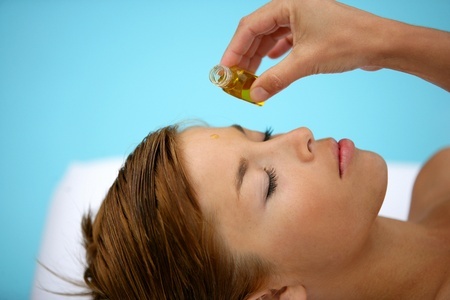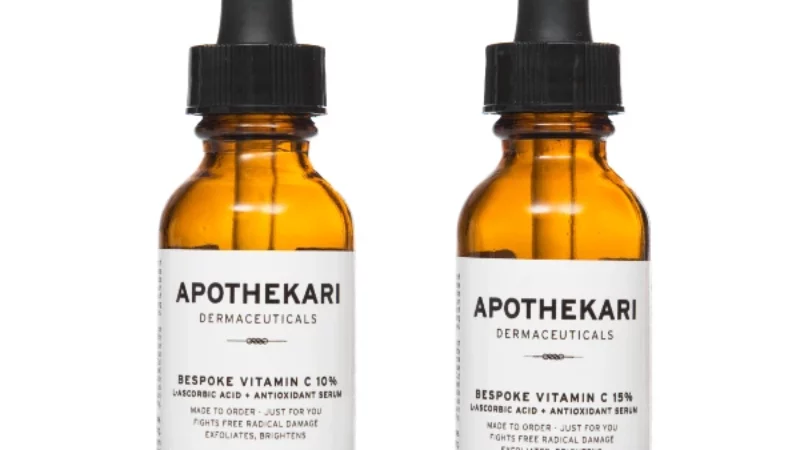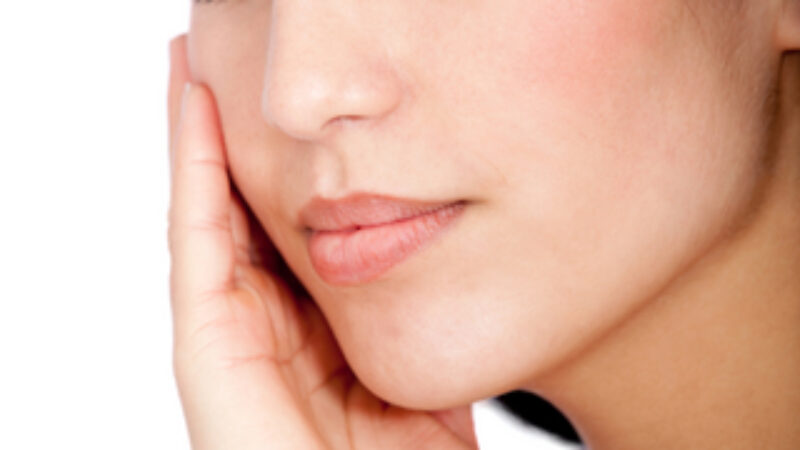Are you ready for a facial oil? The popularity of using oil on our faces is increasing in popularity, but if you are slightly hesitant, you aren’t alone. Sometimes it’s that first step that’s the hardest. However, once you’ve made up your mind, finding a facial oil that is most suitable to your skin type and condition is the key to success.
Here’s how to choose a facial oil that meets your needs:
1. Sensitivity and Redness: Try camellia or rosehip oil, which are very gentle and well-tolerated. They decrease inflammation, soothe the skin and help with repair and renewal. These oils also strengthen the skin and may add to its resilience against external irritants. Rosehip oil also contains plenty of anti-aging and anti-oxidant virtues, making it one of the most popular oils for rookies to try. And if it makes us look like Miranda Kerr, that’s just an added bonus.
2. Acne: If you have acne prone or very oily skin, you may not be as keen to try facial oils. But, for a natural targeted breakout treatment, consider tea tree oil, neem oil or tamanu oil. Used as a spot remedy, these oils work their antibacterial and anti-inflammatory magic.
3. Aging and Sun Damage: Argan oil is probably at the top of the list when it comes to facial oils, and why not? It’s naturally rich in antioxidants, essential fatty acids, carotenoids, ferulic acid, sterols, polyphenols, vitamin E and squalene. Together, these elements help to heal skin, reduce inflammation and fend off free radicals that can lead to premature signs of aging. There’s a reason it’s called liquid gold.
Although not nearly as well known, pomegranate seed oil is rich in powerful antioxidants and ellagic acid, which can help to prevent damage related to free radicals. Pomegranate seed oil also contains punicic acid, an anti-inflammatory ingredient that can aid cell regeneration and proliferation and provides a wealth of moisturizing linoleic acid. I think we’ll be seeing more of this one.
When introducing facial oils to your routine, start slowly, using only a drop or two as a little goes a long way. Keep in mind, however, that even all-natural essential oils may cause irritation. Like any new product, do a patch test and give your skin some time to adjust.
Already an avid fan of facial oils? You’re way ahead of the curve.




